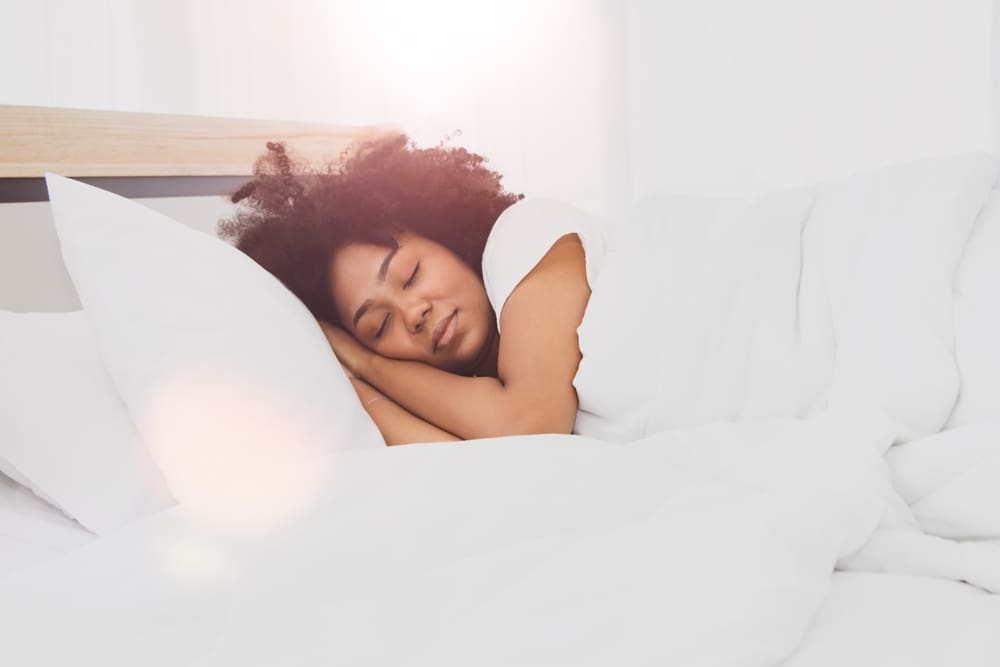Sleep deprivation is a growing concern in America, with the National Sleep Foundation recommending seven to eight hours of sleep per night. Alarmingly, a study from the Centers for Disease Control and Prevention (CDC) revealed that over a third of American adults do not get enough sleep regularly. This lack of sleep has significant health implications, particularly in the fight against obesity, as insufficient rest can hinder treatment plans for weight management.
In the Black community, the situation is even more dire, with 45.4% of Black adults reporting less than seven hours of sleep compared to 33.2% of non-Hispanic White adults.
How lack of sleep affects Black patients
Research has established a strong connection between poor cardiovascular health and insomnia, which can complicate efforts to reverse obesity. A 2022 review published in Nutrients highlighted that short sleep duration is a significant risk factor for weight gain and obesity, especially among African Americans. Furthermore, a 2019 review in Nature and Science of Sleep indicated that Black individuals experience the highest prevalence of poor sleep patterns compared to other racial and ethnic groups.
Dr. Adrian Pristas, a specialist in Sleep Medicine, emphasizes the serious consequences of inadequate sleep. He warns that insufficient sleep can lead to increased risks of heart attacks and strokes, ultimately affecting lifespan.
Insomnia and weight management
Obesity can also be a predictive factor for sleep issues. Dr. Pristas explains that lack of sleep can lead to hormonal imbalances that complicate weight management. Disrupted circadian rhythms can make it challenging to achieve fitness goals, as highlighted by the Current Opinion in Endocrinology, Diabetes & Obesity, which identifies sleep disturbances as a novel risk factor for obesity.
Why sleep should come before the gym
Dr. Pristas advises against prioritizing workouts over sleep, stating that recovery occurs during sleep. He likens health to a three-legged stool, where sleep, nutrition, and exercise must all be balanced. Cutting back on sleep disrupts this balance, leading to negative health outcomes.
4 ways to improve sleep hygiene
1. Encourage seeking help
Dr. Pristas recommends cognitive behavioral therapy for those struggling with sleep issues. It’s essential for patients to have a structured plan to address their sleep challenges.
2. Explain the consequences of poor sleep
Educating patients on the long-term effects of neglecting sleep can motivate them to prioritize rest. Providing evidence-based information can help them understand the importance of sleep for their overall health.
3. Integrate wearables into treatment
Using tools like eye masks or earplugs can enhance sleep quality. Dr. Pristas suggests that patients consider their light sensitivity and how it affects their sleep.
4. Recommend a cooler sleep environment
Temperature plays a crucial role in sleep quality. Dr. Pristas advises patients to explore options for cooling their sleeping environment to improve their rest.
In conclusion, addressing sleep hygiene is vital for improving health outcomes, particularly in the Black community. By understanding the interconnectedness of sleep, weight management and overall health, individuals can take proactive steps toward better sleep and, consequently, better health.





